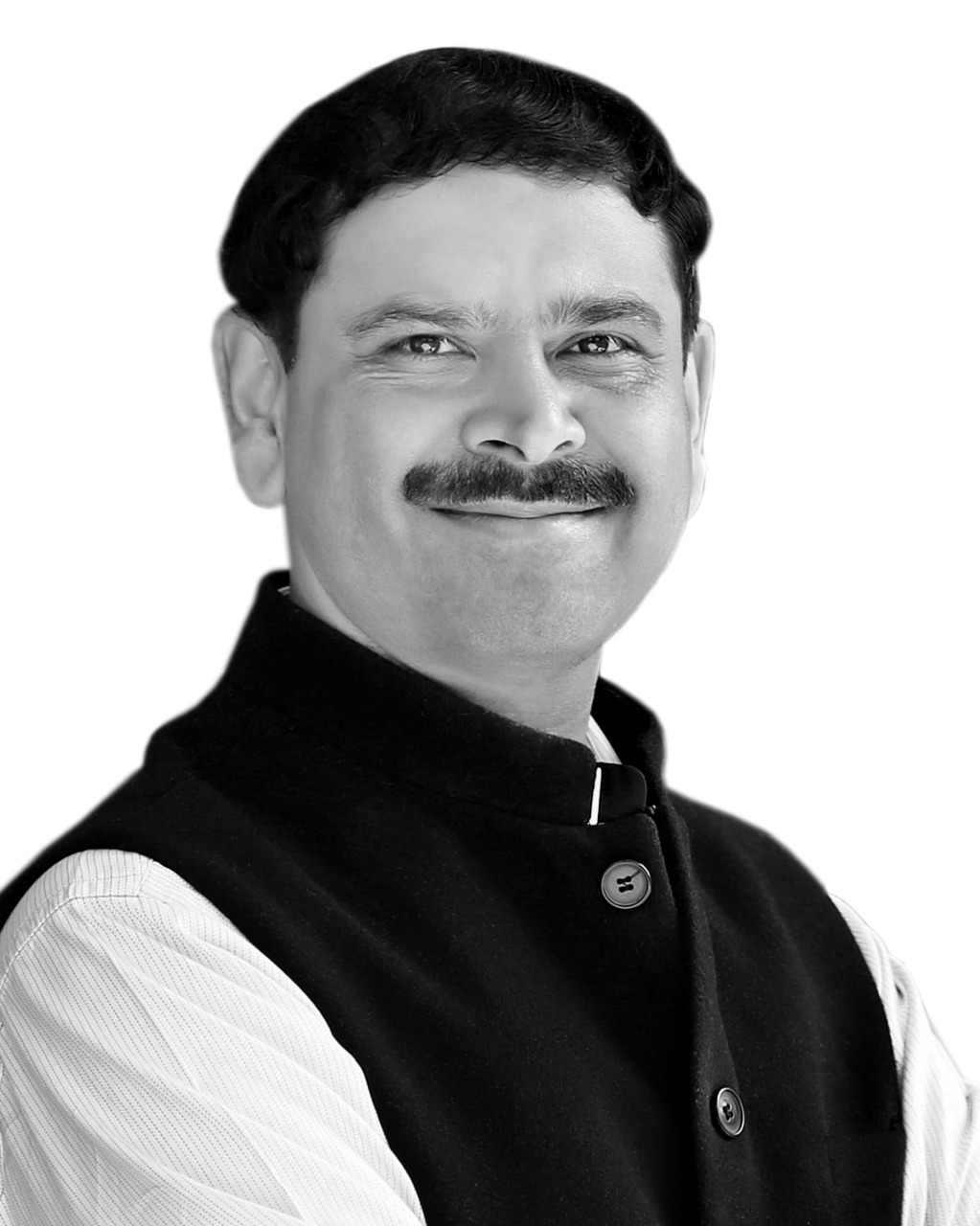PhD Data Analytics
Eligibility : Four-year graduation degree by research or two-year master’s degree in Data Analytics, Statistics, Computer Science, Mathematics, or a related discipline with a minimum of 55% marks.
- Duration : 3 Years
- Admission Criteria : Shoolini University’s multiple-choice entrance test, and assessment of research aptitude through concept note & faculty interaction.
PhD in Data Analytics is a 3-year interdisciplinary program at Shoolini University. It focuses on the systems and technologies to process data and information. This program includes the human and social implications of information and technology, bringing in critical components of cognition, ethics, biases, and storytelling into a strong, big data analytics curriculum.
On completion of the program, scholars can become advanced big data practitioners, researchers and scientists who can work with large amounts of data, write code, develop models and build systems. Additionally, they understand the potential biases and ethical uses as well. They learn to design, implement and evaluate information-focused big data technologies that support decision-making across social and organisational contexts.
Shoolini scholars get global exposure through international exchange opportunities with renowned universities across the world. Prominent among these are, University of Arkansas, USA; Lanzhou University, China; University of Naples, Italy; Taipei Medical University, Taiwan; Gachon University, South Korea; South Dakota Mines University, USA.
Shoolini also has dedicated Centres of Excellence for Data Analytics:
- Research Centre in Data Analytics
- Centre of Excellence in Energy Science and Technology
- Centre for Excellence in Visionary Learning Community of India (VLCI)
Shoolini University is UGC Approved and NAAC Accredited.
Key Highlights
- State-of-the-art computer labs
- Collaboration with Ikigai Lab, IIT Kanpur
- Scholars guided in patent filing
- Guest lectures by global experts in the field of Data Science
- Highly qualified and experienced Faculty

XR/AI Research Centre
Drives innovation by offering immersive, hands-on experiences with emerging tech.

Collaboration with AWS Academy
Students can pursue industry-recognised AWS Certifications.

Research Grants
Government agencies such as DST & HIMCOSTE have provided research and infrastructural grants for advanced labs.
PhD Data Analytics Career Opportunities
- Data Governance Specialist
- Quality Insights & Reporting Analyst
- Data Operational Analyst
- Manager – Data Governance
- Data Scientist
- Data & Automation Specialist





Program Details
Top Faculty
Top Campus Recruiters
Some of the major companies that visit our campus and hire our graduates are:
Frequently Asked Questions
Why should I pursue a PhD in Data Analytics from Shoolini University?
A PhD in Data Analytics from Shoolini University is a strong choice if you want high-level research backed by a tech-forward ecosystem. The university is ranked No. 3 in Engineering by the Times Higher Education World University Subject Rankings and is known for innovation through initiatives like the One-Student One-Patent policy. With strong labs, Centres of Excellence, and access to the latest technology platforms, scholars get an environment built for serious research.
Who teaches PhD Data Analytics at Shoolini University?
PhD scholars are guided by top faculty with strong academic and research backgrounds, including experts from institutions such as NCI, NIH, Berkeley, UPenn, Columbia University, Stanford, Oxford, IISc, IITs, and IIMs. This gives students access to experienced mentorship and global research perspectives.
What are the future opportunities after completing a PhD in Data Analytics from Shoolini University?
After completing the PhD, scholars can explore careers in research, academia, data science leadership roles, AI-driven industries, analytics consulting, and advanced R&D. The programme also supports long-term growth in emerging areas such as AI, ML, and other data-focused specialisations that are shaping the future of technology.
How do you expose students to industry experience?
Students gain industry exposure through strong partnerships with organisations like AWS, IBM, Google Digital Academy, and Bosch, which provide access to modern platforms and certifications. The university also has collaborations with Ikigai Lab, Punjab Engineering College, and IIT Kanpur, creating strong opportunities for applied learning and research relevance.
Is practical training a part of PhD Data Analytics?
Yes. Practical exposure is supported through 104+ state-of-the-art laboratories, 11 Centres of Excellence, and research-focused centres like the XR and AI Research Centre and the AI and Futures Centre. These facilities help scholars work on real tools, real platforms, and innovation-driven research.
What placement opportunities are available for students who have completed a PhD in Data Analytics?
Shoolini offers 100% placements and works under Mission 130, which aims at 100% employability with 30% students placed in top companies. Placement partners include organisations such as L&T, Eicher, Havells, Reliance Jio, Microtek, Onida, Vardhman, Window IT and more, supporting strong career outcomes for eligible candidates.
Latest Blogs
Explore the latest insights and updates in our newest Shoolini University blogs!
Still have Queries? Contact Us
Please fill in the form and an expert from the admissions office will call you in the next 4 working hours.









.jpg)
.JPG)



.JPG)



























